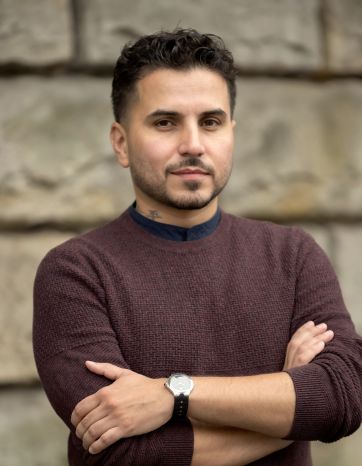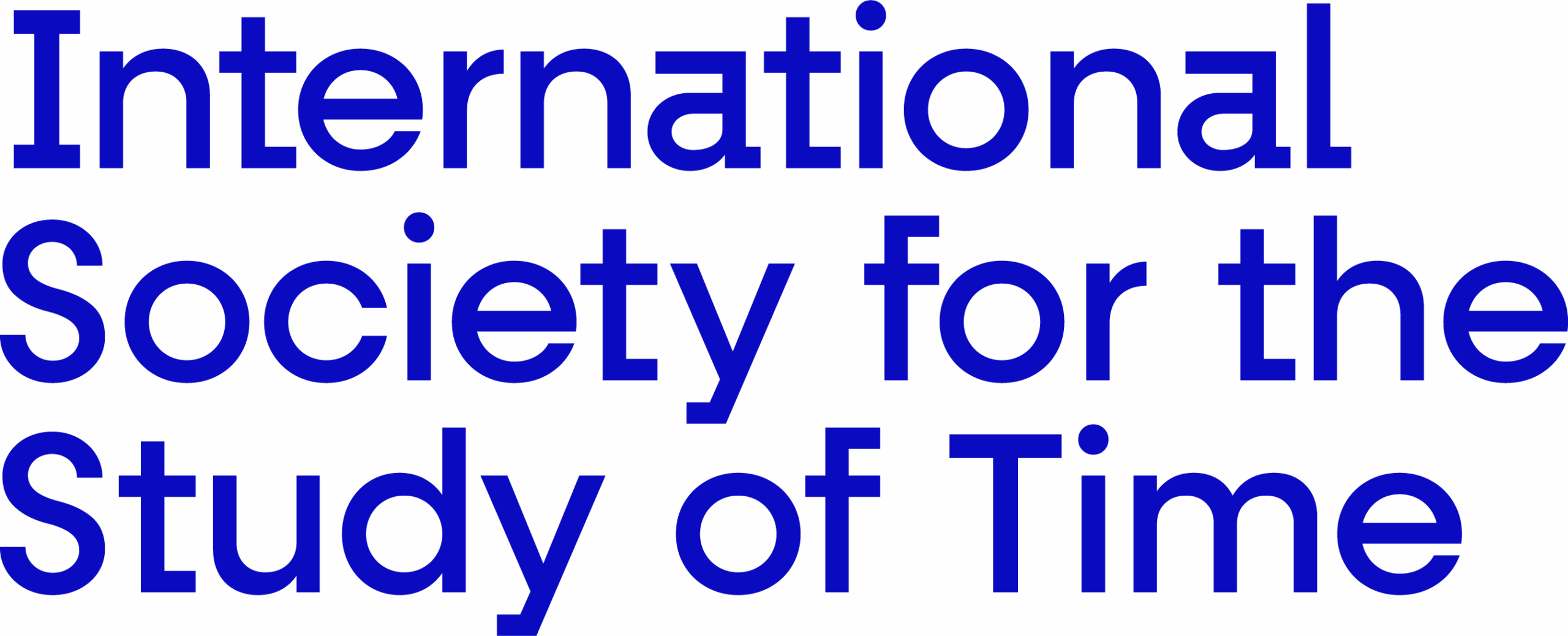The ISST invites submissions for the Founder’s Prize for New Scholars, which recognizes outstanding critical or creative work by an emerging academic or artist. The prize is given in memory of J. T. Fraser, Founder of the International Society for the Study of Time, who was instrumental in fostering the careers of many emerging timesmiths.
The ISST proudly presents Ricardo Uribe, the winner of this year’s Founder’s Prize for New Scholars awarded at the 18th triennial conference in Yamaguchi in 2023. The prize is given to Ricardo Uribe for his essay on Indigenous Clockmakers, Schedules, and Quantitative Time in the Spanish Colonies (16th Century).

Ricardo Uribe is a PhD Candidate working for the International Research Training Group ‘Temporalities of Future in Latin America’ associated with Freie Universität Berlin.
In addition to a $250 award, the prize-winning essay will be published in either a special conference edition of KronoScope: Journal for the Study of Time or the conference volume The Study of Time XVIII, whichever the writer prefers.
Our congratulations to Ricardo Uribe, and we are looking forward to hearing and reading more from you!
Abstract: In the 16th century, “Cemilhuitlapohualtepoztli” meant “clock” to the indigenous peoples of Mexico. This neologism was shaped by themselves through three words from the Nahual language: “cemilhui” (the passing of a day); “tlapoaliztli” (to count); and “tepoztli” (bell or iron). This linguistic evidence, in conjunction with other documents found in Spanish and Latin American archives, unfolds that autochthonous people came into early contact with these mechanisms and promptly assimilated quantified time. Historiography has neither recorded the presence of indigenous clockmakers in the New World, nor has it explored the relationship they had with European schedules after their contact with the Spaniards. Over and above exposing the cases of some indigenous clockmakers, this paper intends to go beyond the general comments that focus on the imposing role played by the Catholic Church with its canonical hours, to unveil that the appropriation by the indigenous peoples of a more accurate and quantified time took place in the offices of the colonial administration and not in the churches and parishes. This type of time, numerical, synthetic and to some extent secularized, allowed the inhabitants of the Old and New World to synchronize with each other, beyond their ethnic and linguistic differences. This research on the expansion of clocks to the New World seeks to propose the genesis of a time that today is exhibited to us as universal through the clock, which does not signify that other ways of measuring time or of perceiving it have been eliminated, but quite the contrary: from the 16th century onwards, quantified time and schedules allowed that a steadily growing number of individuals were able to coordinate themselves despite the different rhythms and temporalities.
Recent publications by Ricardo Uribe:
2022. “El calendario gregoriano en el Nuevo Mundo: historia global, cultura escrita, tiempo universal”, Nuevo Mundo, Mundos Nuevos.
2021. El arte del reloj en las manos del lector. Impresos de relojería mecánica en el mundo hispánico del siglo XVIII. Oviedo, Spain: Universidad de Oviedo).
2019. “Los extraños hombres de segundos. Medición y percepción de las fracciones del minuto por parte de los ilustrados neogranadinos”, Llull: Revista de la Sociedad Española de Historia de las Ciencias y de las Técnicas, 42, 86: 121-143.
Previous winners:
- Rose Harris-Birtill (2016) for “‘Looking down time’s telescope at myself’: reincarnation and global futures in David Mitchell’s fictional worlds”
- Orit Hilewicz (2013) for “Tracing Space in Time: Morton Feldman’s Rothko Chapel“
- Vincent Masse (2010) for “Golden Past and Eschatological Future – Religious Exoticism in the Writings of Guillaume Postel (1510-1580)”
- Carlos Montemayor (2007) for “Time: Biological, International and Cultural”
* No winner was awarded in 2019
